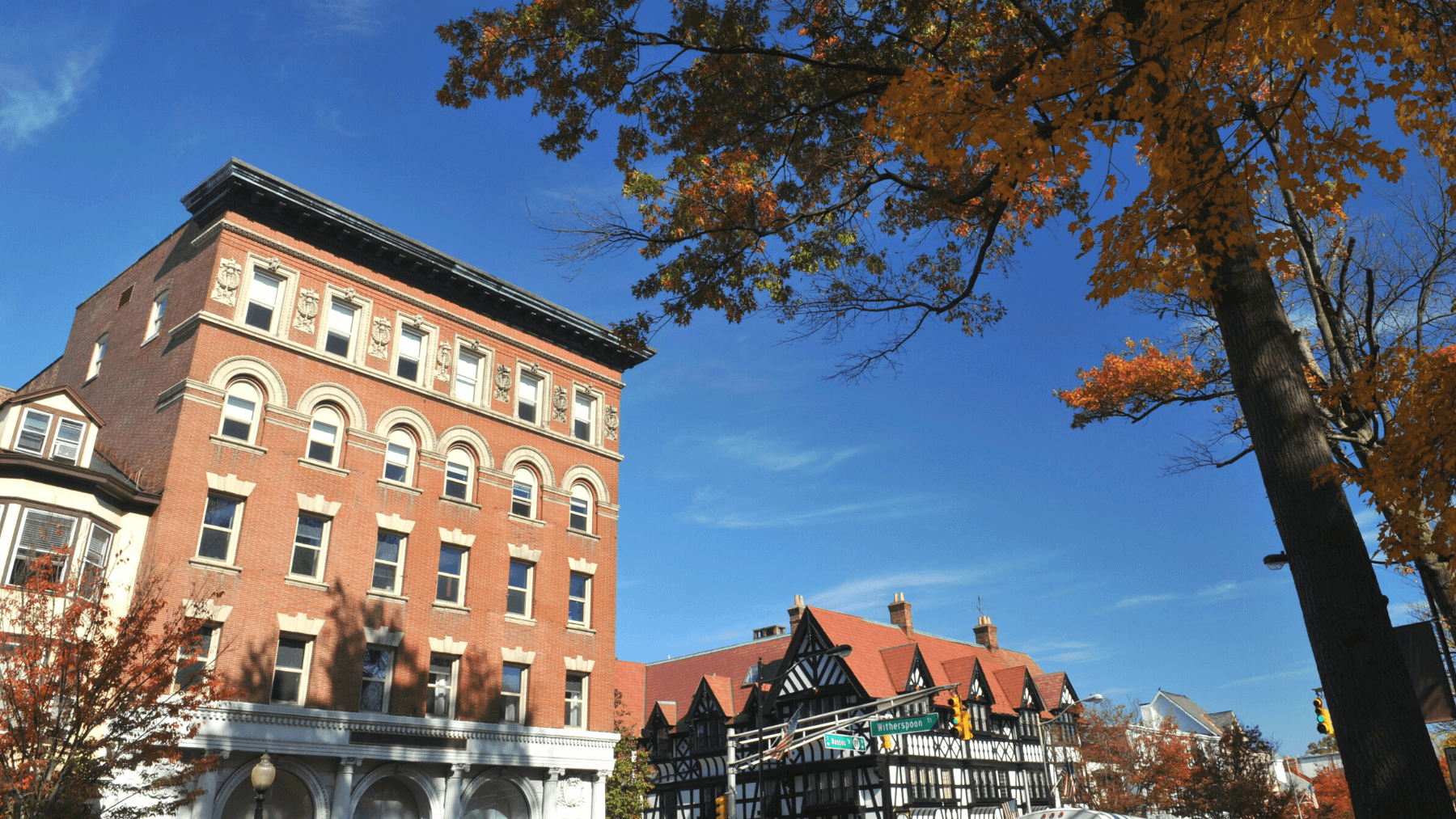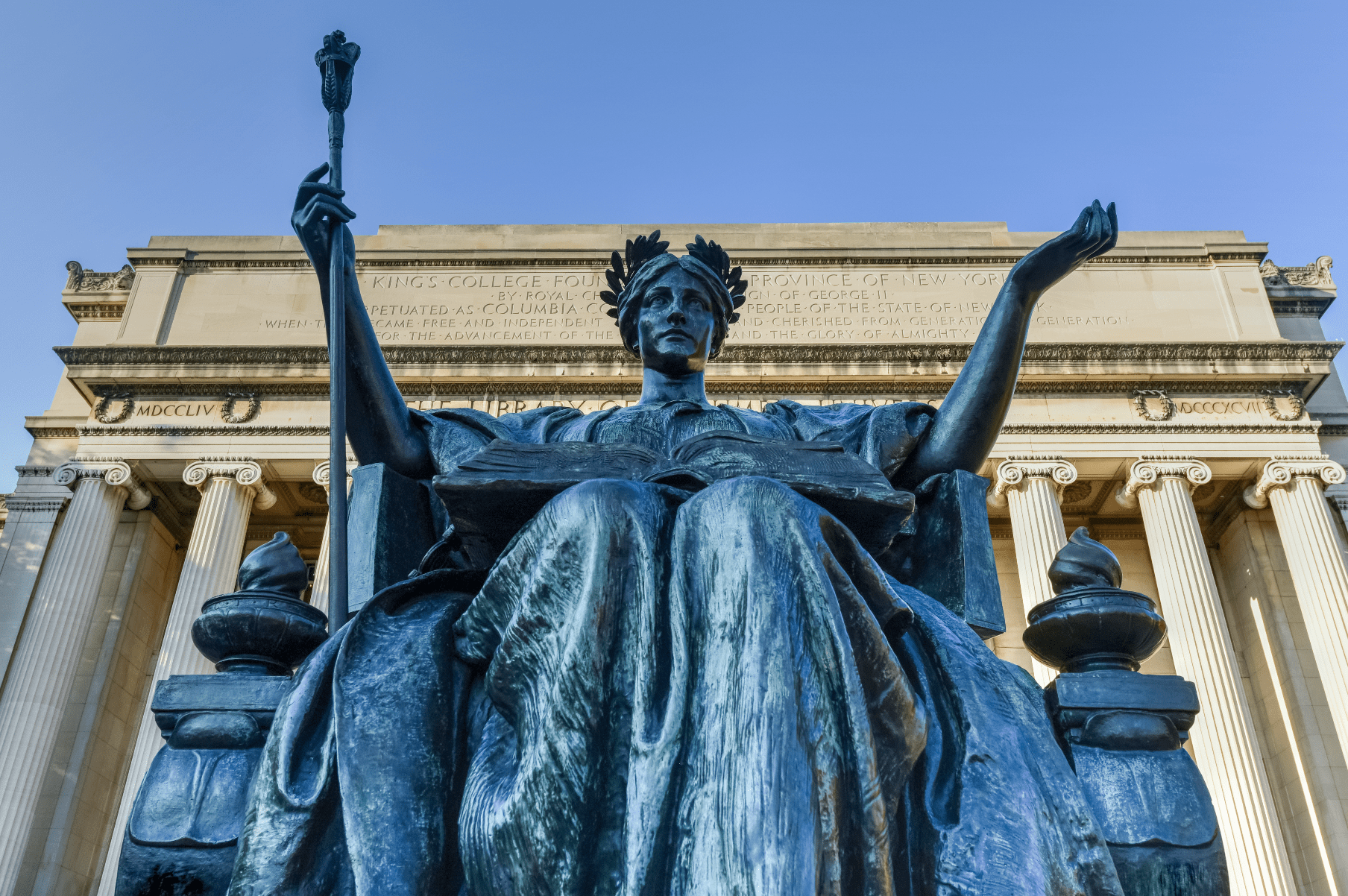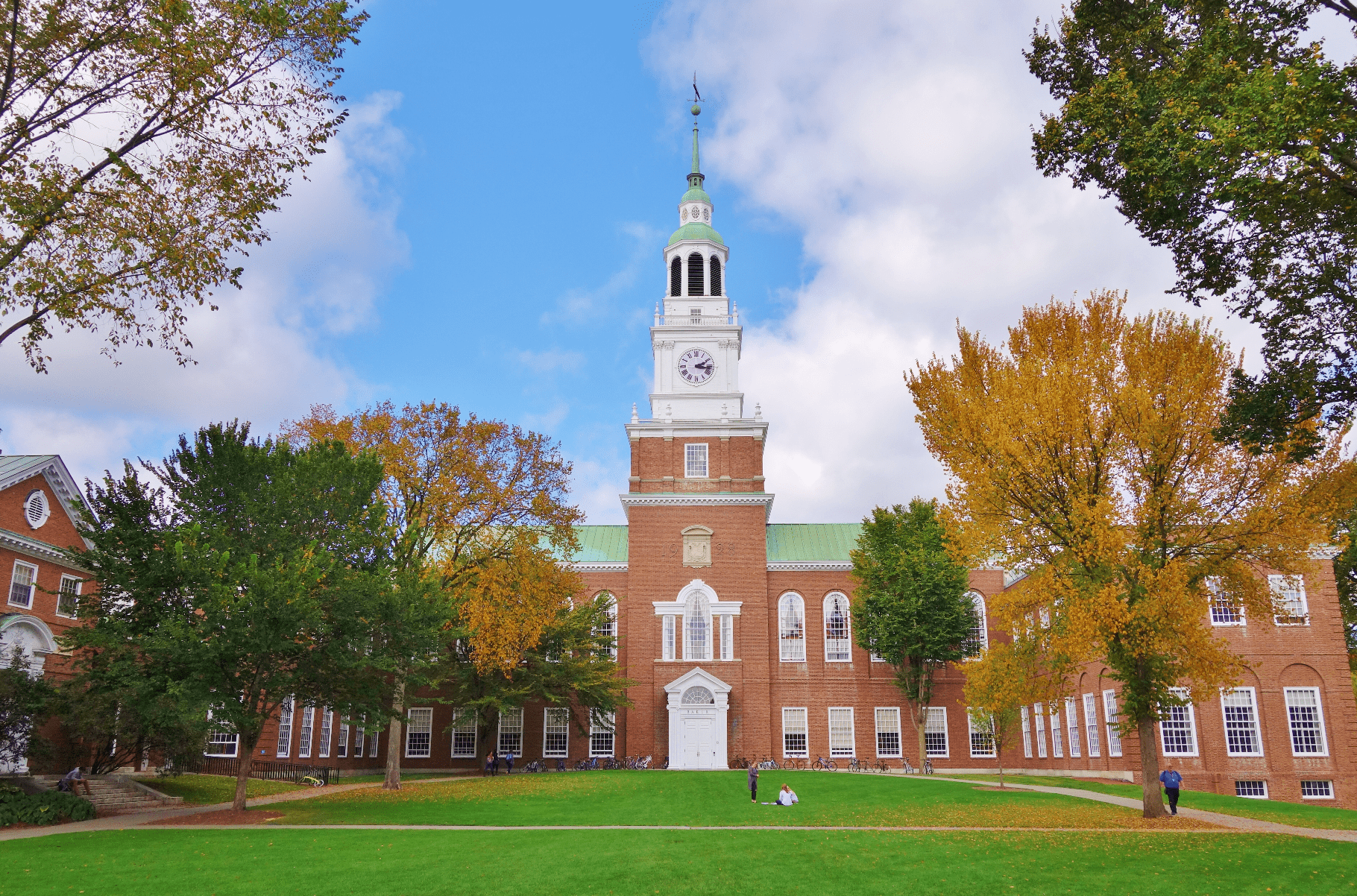Guide to Australian Medical School Fees for Students from Singapore (SMC-Approved)
Read now/f/64062/1200x628/0b4c9a9a70/australian-medical-school-fees.png)
Chat with us
/f/64062/550x366/00a586d914/campus-b.jpg)

There’s no doubt that the day a student moves into their new college dorm is one of celebration. But it can also be one of uncertainty and apprehension for parents who up until that time have taken comfort in the safety they provide their child at home. As the student dives into a rigorously-scheduled week of orientation activities, their parents are often faced with the prospect of heading home with a bedroom empty and one place short at the dinner table.
Of course, going to university is a well-earned rite of passage and a goal that student and family have been working together towards for years, but it is only natural that parents have concerns about their child leaving home - and often specifically, their safety while living on campus.
So what do universities do to assure their students’ safety?
The good news is that not only are US universities required by federal law to establish standard protocols for many campus safety concerns, most go above and beyond these mandatory protocols to make sure every one of their students not only feels safe, but is supported by a series of safety protocols and security measures to make sure they are protected in the event of any mishappening.
During orientation all students are made aware of the safety mechanisms put in place at their university - and most orientation weeks involve a lecture by the head of campus security or police force.
Speaking of police forces, many universities - including all of the Ivy League have their own police forces separate (and on top of) the local constabulary. The University of Pennsylvania's Police Force for example in the largest private police force in the state of Pennsylvania and the second largest in America.
At Princeton University, the Office of Public Safety oversees all security measures incorporated on the Princeton, New Jersey campus. They also organise regular safety information evenings and community events with the Princeton University Police Force.

Columbia University, located in the thriving hub of a never sleeping New York City was recently named one of the safest colleges in America by the National Council for Home Safety and Security - their Office of Public Safety taking great pride in their education campaigns around the misuse of drugs and alcohol. They even hold an annual awards day for outstanding public safety officers!
Up in Cambridge, Massachusetts, the Harvard University Police Department has a reputation for working closely with the local community. The university also offers an extensive list of security and safety services including shuttle buses and late night walking escorts for students who may like to be accompanied when, for example, walking back to their dorm from the library.
In New Haven, Connecticut, Yale University's safety programs are also rigorous and comprehensive. Like their Ivy counterparts they offer an App ’s named LiveSafe that gives students, staff, and faculty on campus an effective way to communicate with Yale Police (YPD) via a mobile device.
Brown University Department of Public Safety also run their own theft awareness and prevention programs including self-defence classes. They also provide Personal Safety Alarm (PAL) devices to any student or faculty member who wishes to carry the device in a purse, pocket, or attached to a belt.
Finally, Cornell University and Dartmouth College - which are both rurally situated in New York and New Hampshire respectively - also offer comprehensive campus safety programs.
Cornell’s Caring Community, campus safety programs include blue light phones, walking escorts and shuttle buses as well as a Good Samaritan Protocol which educates students how to protect friends who might be under the influence of drugs or alcohol.

At Dartmouth, their Department of Safety and Security also offers some practical safety tips for students and faculty.
Whatever the case it also can’t hurt for parents to remind their child of simple procedures such as walking along lit pathways, sticking in friendships groups, asking ‘who is it’ before opening the door, engraving their more expensive items such as computers with their details and keeping their credits cards locked in their rooms when not needed.
These pieces of advice are valuable - not just in a student’s college years but as they continue along their journey into adulthood.
For more information on campus safety and other common parent concerns, see this blog on Myth Busting for Parents on Overseas Study.